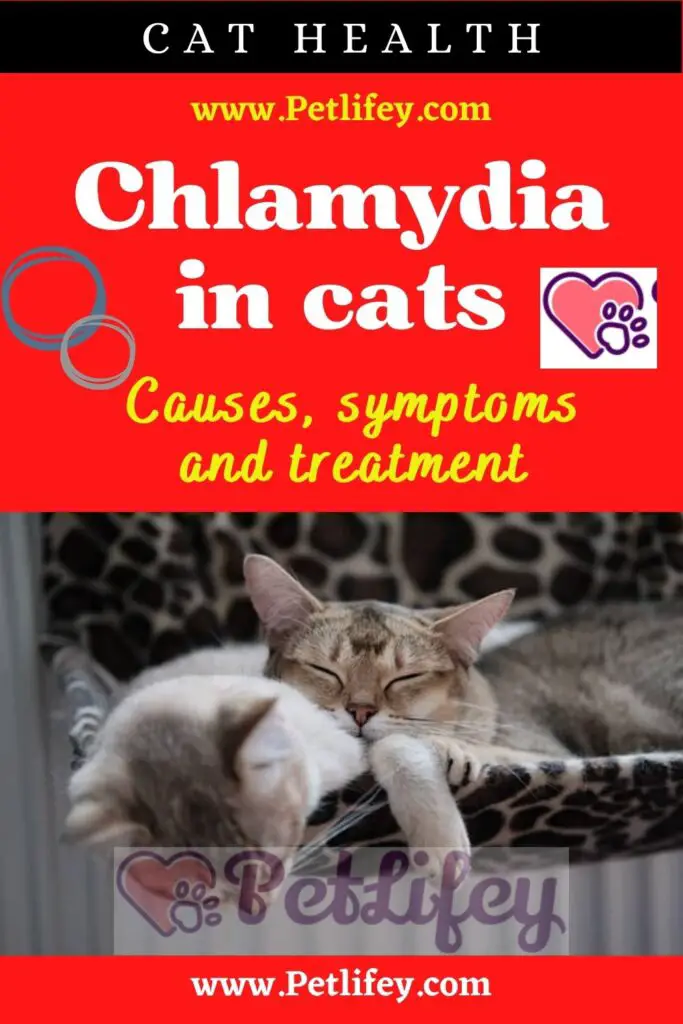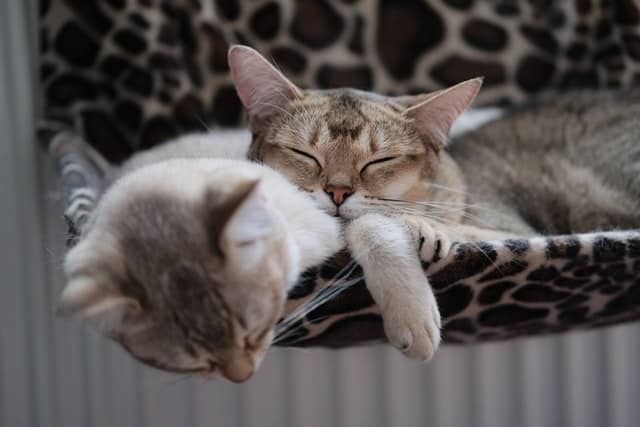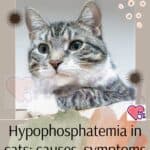
Chlamydia in cats is one of the main respiratory diseases in cats. It can affect all cats. Let’s learn to recognize this disease.
Chlamydia is an infection caused by an intracellular Gram-negative bacterium called Chlamydophila felis.
However, this disease can be transmitted to humans, even if the risk of contamination is low. Chlamydia is a particular infectious disease for the cat, especially if it is poorly fed it is more sensitive.
If you notice that your cat has caught a cold, try to increase the amount of Omega 3 and Vitamin C in the diet, as foods based on fresh fish, fresh fruits and vegetables for the cat, will provide the necessary antioxidants and anti-inflammatories to prevent excessive contamination.
Symptoms of chlamydia in cats
This disease begins with severe conjunctivitis accompanied by discharge in the nostrils and eyes. You realize that the cat is sneezing, has inflammation of the eyelids which causes swelling and redness of the eyes. The latter therefore appear partially closed.
In addition to these symptoms, there may be upper respiratory tract involvement resulting in frequent coughing. If badly treated, this disease can lead to severe pulmonary complications at worst, chronic respiratory disease and permanent feline conjunctivitis at best.
Causes of chlamydia in cats
This disease, as we have previously mentioned, is caused by a bacterium, the chlamydophila felis, which is transmitted as a result of direct contact between a carrier animal and a healthy animal.
The external nasal and ocular secretions are guilty of the contagion, especially for the cat that often leaves the house to meet other felines, not vaccinated. When it is poorly treated, it can even lead to paralysis or even death of your cat.
Treatment

The treatment that is observed for chlamydia in cats is based on the antibiotic. Of course, all cats living with the sick cat must be treated at the same time and in the same way. Topical eye treatment or artificial tears can certainly help but are not enough on their own given the repetitive nature of the condition.
However, there is a vaccine to try to reduce the duration and intensity of symptoms during infection. But it must also be said, that some animals sometimes have more severe vaccine reactions right after this vaccine. Since the symptoms of chlamydia are relatively mild and not very dangerous, this vaccine is considered optional.
Prevention
Vaccination is the only way to prevent the disease. Although it must be said that the vaccine does not always prevent infection but reduces the severity of the disease. Vaccination of the cat is a condition to be taken into consideration for the cat that shares the house with other felines, who suffer from health problems.
Therefore, try to speak to your vet about your needs. Your doctor will recommend the most appropriate vaccination schedule for you.






